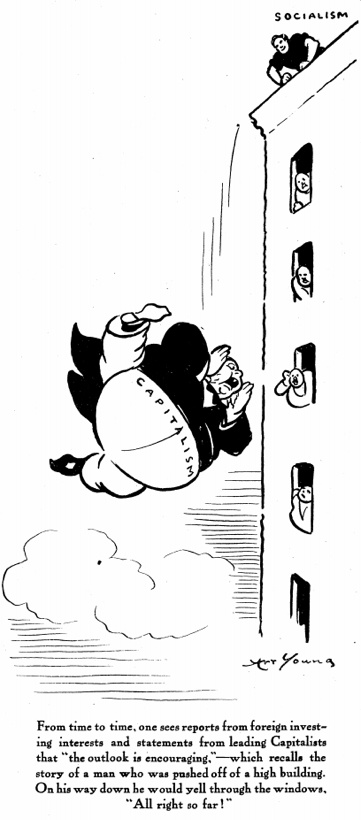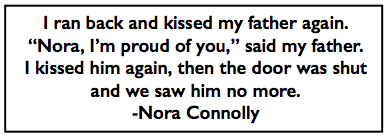 ———-
———-
Hellraisers Journal – Wednesday April 30, 1919
From Appeal Book Department: “The Unbroken Tradition” by Nora Connolly
In the April 26th edition of the Appeal to Reason, we find Miss Nora Connolly’s book, “The Irish Rebellion of 1916 or The Unbroken Tradition,” on sale for $1.25 (see below). In the April 12th edition of the Appeal we find a review of Miss Connolly’s book along with a short history of the Easter Uprising of 1916.
From the Appeal to Reason of April 12, 1919:
Daughter of Rebel Leader Tells Story of Irish Revolt
—–Thus goes one of the fighting songs of the Irish patriots who rose in armes against British authority in Ireland, the week of Easter, 1916. The physical failure of the brief, spirited upflare of independence is now a part of Ireland’s tragic history; yet today no one who sees clearly can doubt that the cause of a free Ireland is stronger than ever.
Nora Connolly-a young girl possessed of the fortitude and vision that is the unending marvel of character displayed by all true revolutionists-was an intimate participant in the rebellion of 1916. Her father, James Connolly, was the leader of the rebel forces and was executed for his “treason” to what most Irishmen have always regarded as an alien and hostile government. Nora Connolly escaped after the rebellion and made her way, through caution and subterfuge, to America. Here she set down the story of this ill-fated uprising with a direct candid simplicity that reveals events in their bold, epic outlines. This story, whose unaffected realism is so intense that the reader vividly visualizes and emotionally seems to move in the very midst of the scenes described is called “The Unbroken Tradition,” because, says Nora Connolly:
In Ireland we have the unbroken tradition of struggle for our freedom. Every generation has seen blood spilt, and sacrifice cheerfully made that the tradition might live. Our songs call us to battle or mourn the lost struggle; our stories are of glorious victory and glorious defeat. And it is through them the tradition has been handed down till an Irish man or woman has no greater dream of gory than of dying “A soldier’s death so Ireland’s free.”

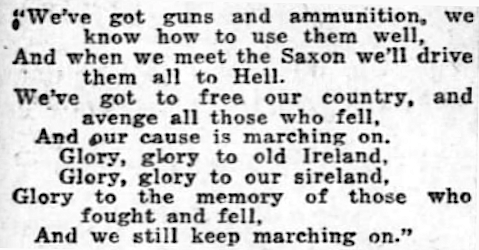
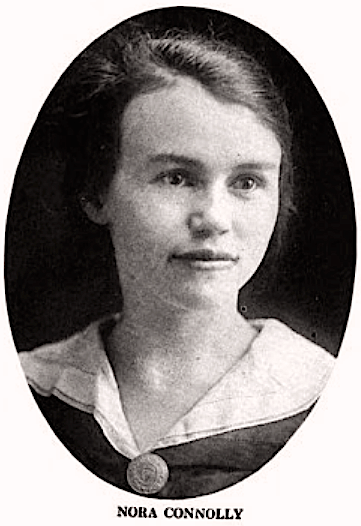
 ———-
———-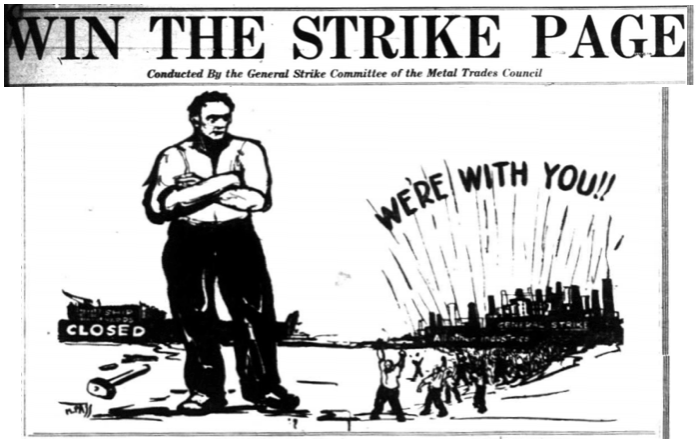
 ———-
———-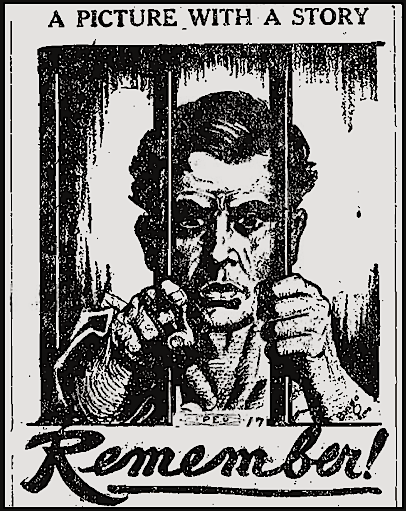
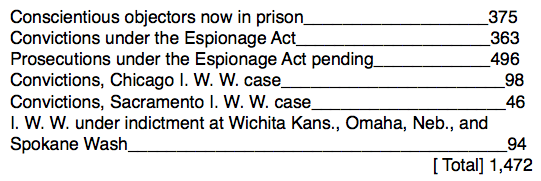
 ———-
———-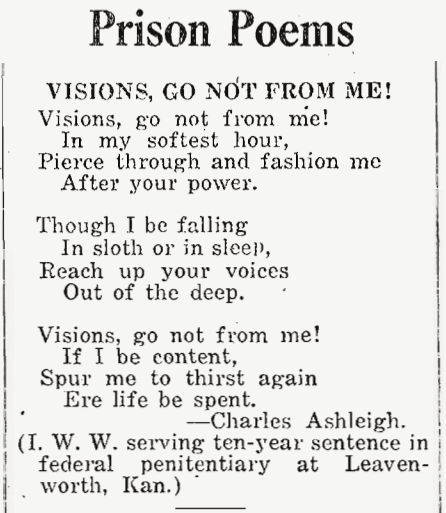
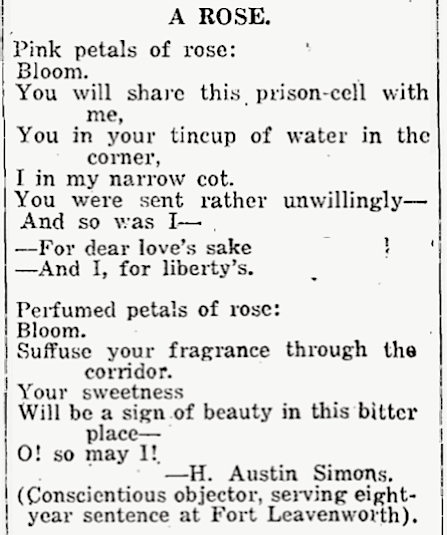
 ————————-
————————-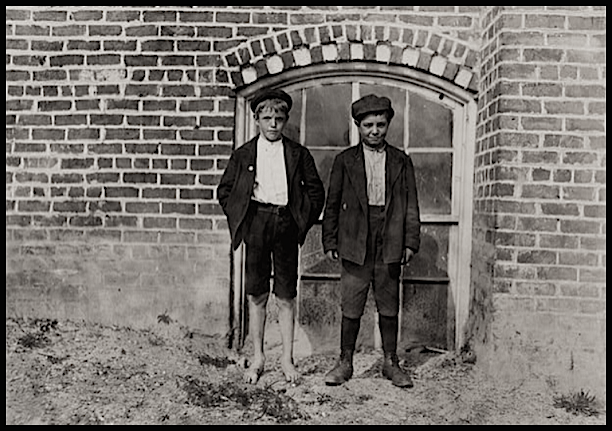
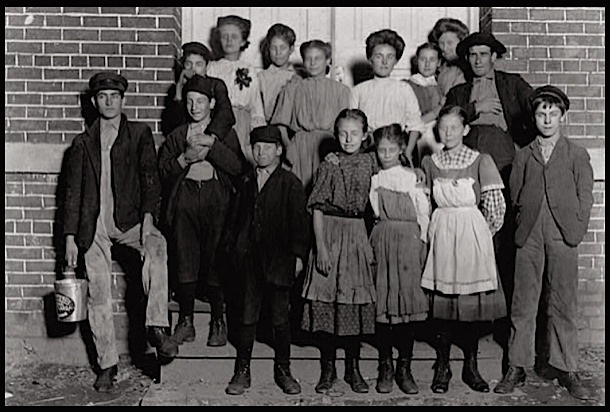
 ———-
———-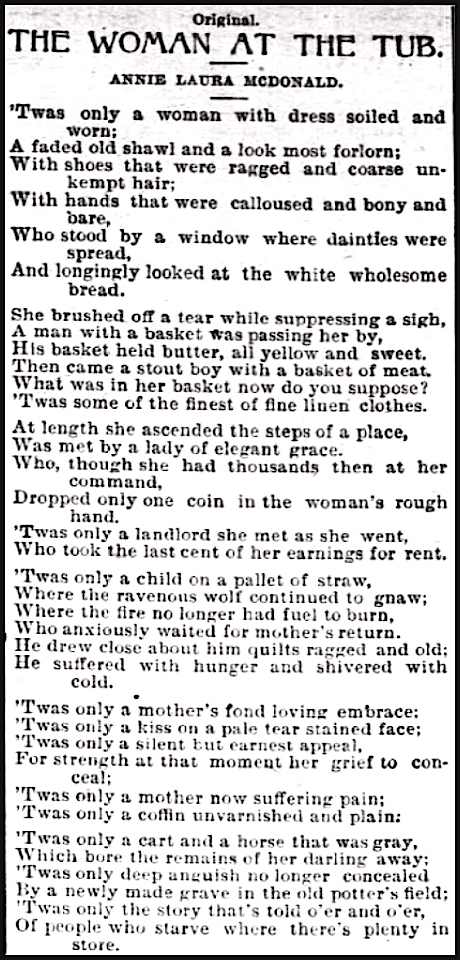
 ———-
———-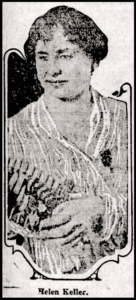
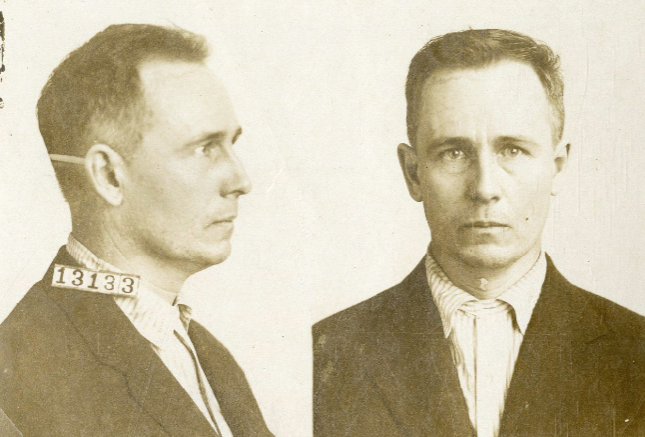
 ———–
———–
